The vessel is the perfect next step in the shipyard’s path towards achieving the build of zero-emission superyachts by 2030, marking a significant new era within the yachting industry. It is the very first in this new generation of yachts to further carbon reduction through hulls optimised at cruising speed instead of top speed, weight control, advancements in electric propulsion, and the ability to run her generators on a so-called net zero CO2 fuel.
She is also the first vessel built by Feadships in years to feature only one engine room, allowing more room for creativity in accommodation and entertainment spaces. Both the exterior design and interior architecture and design are by the British firm RWD in collaboration with MONK design.
She can host up to 14 on board, including 27 crew members. Key feature include an asymmetrical atrium staircase leading to a lower deck dining saloon, where an entire wall opens to reveal a terrace view just above sea level. Near the stern is an Aqua Lounge with massive windows below water level.
In place of a mooring deck forward there is a revelatory bow observation lounge with double-curved glass floor-to-ceiling windows. Terraced aft decks float without pillars, while glass balustrades allow unobstructed views from both aft deck and fully glazed aft interior spaces, creating a vital connection to the natural environment.
Project 710 also has 4.5 times more electricals storage capacity than Feadship’s first hybrid superyacht, the 84m Savannah. She has no drive shafts, and no rudders, only electric drive and steering thanks to a pair of electric Veth contra-rotating thrusters. The shipyard collaborated with Veth on the computational fluid dynamics analysis of the drive legs and propellors’ shapes to maximise efficiency and minimise any vibration on board.
Her engineering team also took into account the importance of waste management; developing a system which captures waste heat from the custom variable speed generators and air conditioner chiller to supply heat to the AC system, pool water, domestic water, engine preheating, and more. An innovative heat pump system allows the yacht to draw heat from seawater.
Project 710’s sea trials and delivery fill will be HVO, with an expectation of reducing total CO2 emissions by around 90%. With the remainder of Project 710’s details still up for speculation, we look forward to watching her very first ventures out on to the water.



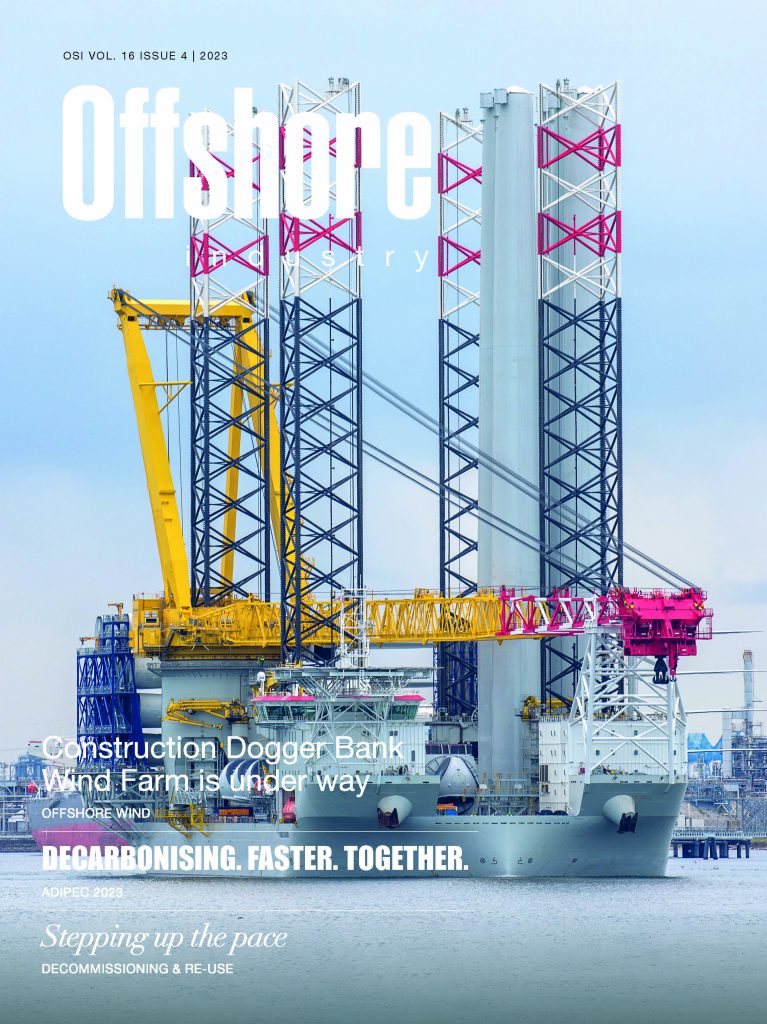
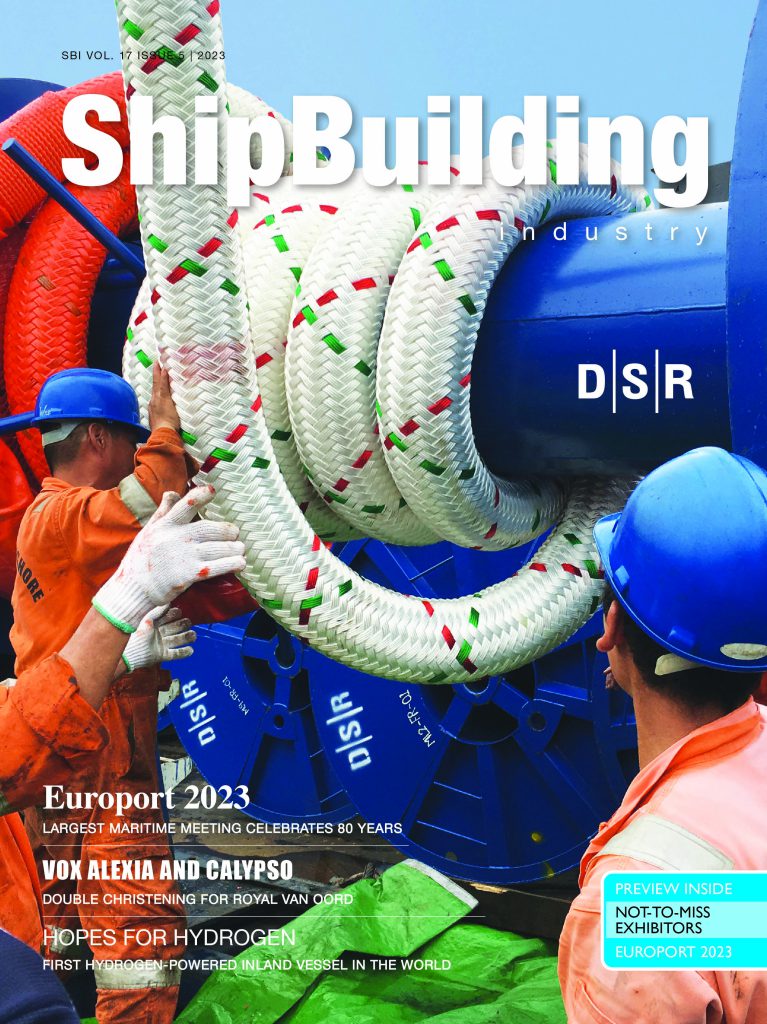
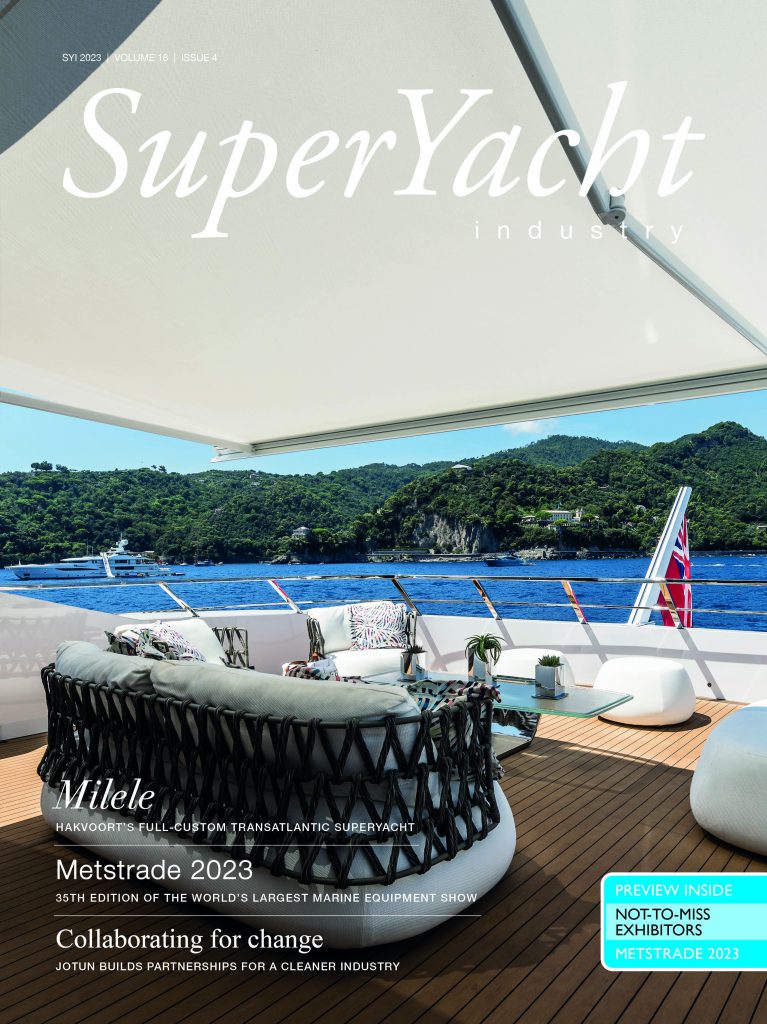
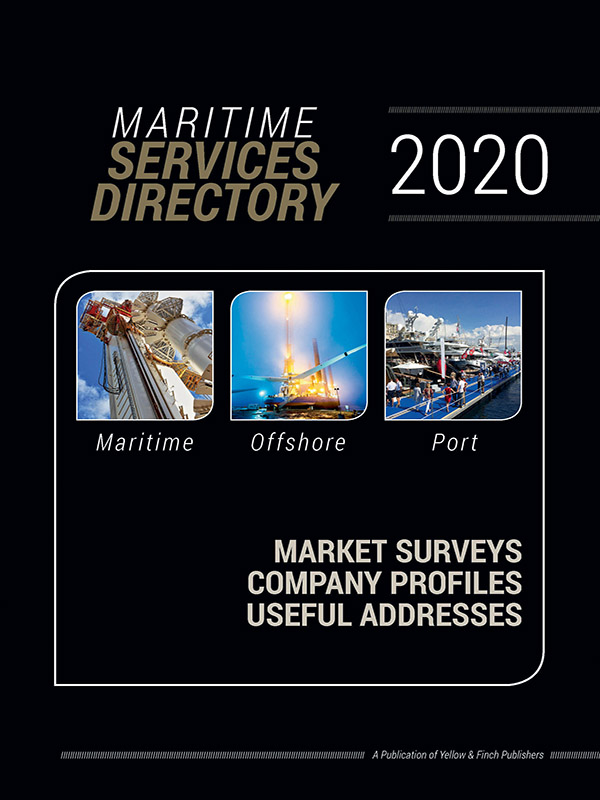
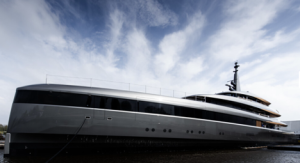 Feadship’s 84m Project 710 left her construction shed in Aalsmeer on 20 April. The project is one of the most technically advanced and dynamic designs ever built by Feadship.
Feadship’s 84m Project 710 left her construction shed in Aalsmeer on 20 April. The project is one of the most technically advanced and dynamic designs ever built by Feadship.